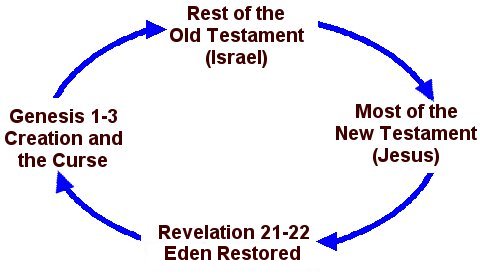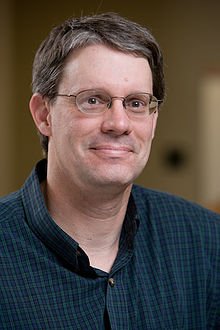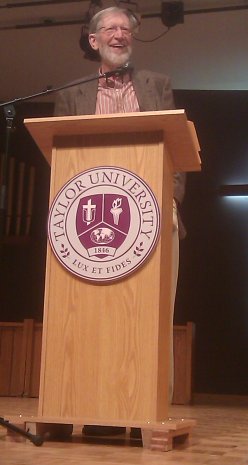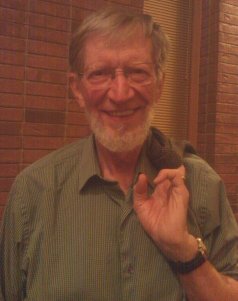There is a very interesting discussion going on at Patheos. Dr. William Dembski posted part 1 of a four-part discussion with Dr. Karl Giberson. Essentially, it is Dr. Dembski’s review of The Language of Science and Faith: Straight Answers to Genuine Questions, a book co-written by Dr. Giberson and Dr. Francis Collins. The book’s goal is to promote theistic evolution. It claims to show that real science supports evolution and that evolution is not contrary to Christianity.
I actually agree with the second part of that statement. While there are those who think that the concept of evolution is inherently anti-Christian, I most certainly do not. Jesus tells us that we are to judge a tree by its fruit (Matthew 7:15-20), and there are many theistic evolutionists (Dr. C.S. Lewis, Dr. Alister McGrath. Dr. John Polkinghorne, and Dr. Alvin Plantinga, for example) who have produced amazing fruit for the kingdom of God. To assume that these people hold to an inherently anti-Christian idea borders on the absurd.
Where I disagree with this book is in its first statement – that evolution is supported by real science. Dr. Dembski apparently disagrees as well, judging by his review of the book. While his comments are useful, they are not what I find really interesting about this discussion. The interesting stuff comes in Dr. Giberson’s response, which is part two of the discussion.
Continue reading “Dr. Karl Giberson Does Not Want You To Think For Yourself!”




